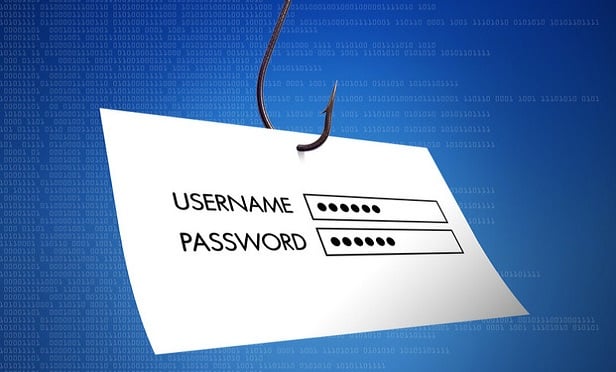 Hackers frequently use lookalike emails and websites to steal personal login credentials, credit card information and other details. Phishing emails are how 90% of cyberattacks begin. (Photo: Bigstock)
Hackers frequently use lookalike emails and websites to steal personal login credentials, credit card information and other details. Phishing emails are how 90% of cyberattacks begin. (Photo: Bigstock)
It's easy to become complacent about all of the emails that come into our inboxes, and that is just what hackers are counting on when they send a phishing email. You've seen them — they look like they are from your bank, a credit card company, Amazon or Pay Pal — and they inform you that there is a problem with your payment, account or credit card and you should contact them immediately.
Recommended For You
Want to continue reading?
Become a Free PropertyCasualty360 Digital Reader
Your access to unlimited PropertyCasualty360 content isn’t changing.
Once you are an ALM digital member, you’ll receive:
- Breaking insurance news and analysis, on-site and via our newsletters and custom alerts
- Weekly Insurance Speak podcast featuring exclusive interviews with industry leaders
- Educational webcasts, white papers, and ebooks from industry thought leaders
- Critical converage of the employee benefits and financial advisory markets on our other ALM sites, BenefitsPRO and ThinkAdvisor
Already have an account? Sign In Now

